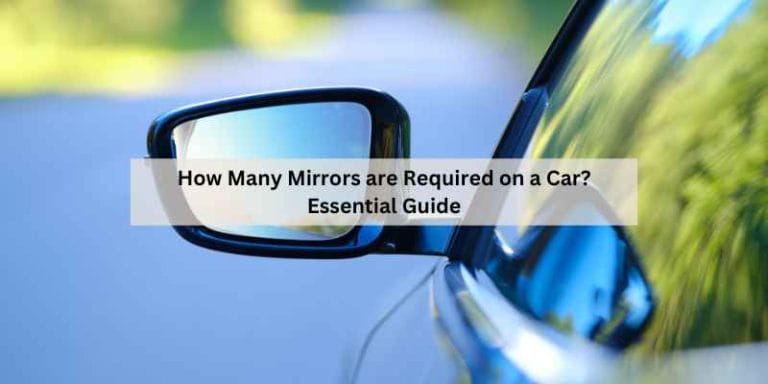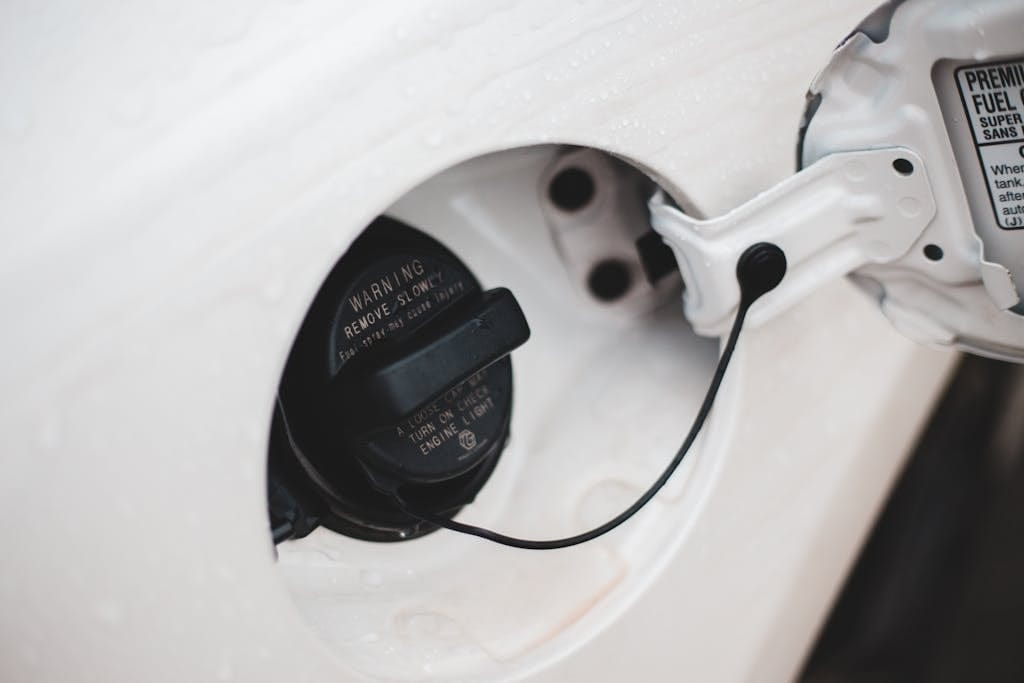Does Car Leasing Include Insurance? Essential Facts Revealed
Car leasing does not include insurance.
Car Leasing Basics
|
Is insurance part of lease payment? According to the Insurance Information Institute (III), even though you don’t “own” a leased car, you’re still required to carry your own insurance on the vehicle. Allstate states that both leased and financed cars usually require full coverage auto insurance, but coverage requirements for leased vehicles are greater. Leasing helps protect you against unanticipated depreciation. If the market value of your car unexpectedly drops, your decision to lease will prove to be a wise financial move. If the leased car holds its value well, you can typically buy it at a good price at the end of the lease and keep it or decide to resell it. Lease payments are reported to the major credit bureaus the same way finance payments are. On-time bill payments are one of the strongest factors influencing your credit score, so keeping up with your lease payments should have a positive effect. It is important to note that car insurance is not included when you lease a vehicle, and you need to buy it on your own. After signing a lease, you need to buy at least the minimum amount of car insurance required by both your state and your lease agreement. You will not be able to legally drive your leased car until you meet these requirements. |
Insurance Requirements For Leased Cars
When leasing a car, you are required to purchase your own insurance for the vehicle. Both the state and the lessor have mandates for the minimum amount of insurance coverage you need. This typically includes comprehensive and collision coverage. It’s important to understand the specific insurance requirements for leased cars in your state and outlined in your lease agreement.
Common Misconceptions About Leasing And Insurance
When it comes to leasing a car, there are common misconceptions about insurance inclusion in lease contracts. Many people believe that car leasing includes insurance coverage, but this is not the case. In fact, when you lease a vehicle, you are responsible for obtaining your own insurance.
According to the Insurance Information Institute, even though you don’t “own” a leased car, you are still required to carry your own insurance on the vehicle. This means that after signing a lease, you need to buy at least the minimum amount of car insurance required by both your state and your lease agreement.
It’s important to note that you will not be able to legally drive your leased car until you meet these insurance requirements. Both leased and financed cars usually require full coverage auto insurance, but the coverage requirements for leased vehicles are typically greater.
Therefore, it’s crucial to understand that insurance is not included when you lease a vehicle. You must purchase your own insurance to protect yourself and the leased car.
Comparing Leased Car Insurance To Owned Car Insurance
Leased Car Insurance: When leasing a car, it’s typically required to have full coverage insurance, including liability, collision, and comprehensive coverage. This provides protection for both the leased vehicle and others involved in an accident.
Owned Car Insurance: For owned cars, the insurance coverage may vary based on individual preferences and state requirements. While full coverage is recommended, it’s not always mandatory.
Leased Car Insurance: The cost of insurance for a leased car may be higher due to the requirement for full coverage and potentially higher liability limits.
Owned Car Insurance: Depending on the vehicle’s age and value, the cost of insurance for an owned car may be lower if opting for limited coverage based on individual risk tolerance.
Financial Implications Of Leasing
Car leasing typically does not include insurance, so it’s crucial to obtain adequate coverage for the vehicle. When considering leasing, it’s important to understand the financial implications, such as depreciation and resale value. Additionally, leasing can impact your credit score, as on-time payments are crucial. Lenders often require a good credit score for leasing. It’s essential to be aware of the insurance requirements for leased vehicles, as they often necessitate full coverage. Understanding the financial responsibilities and credit score impact is vital before opting for a car lease.
Pros And Cons Of Leasing A Car
When considering car leasing, it’s important to note that insurance is not typically included in the lease payment. This means you’ll need to purchase your own insurance, meeting both state and lease agreement requirements. While leasing offers lower monthly costs, the additional insurance expense is a key consideration.
| Pros of Leasing a Car | Cons of Leasing a Car |
| Flexibility: Leasing a car allows you to drive a new car every few years, with the option to purchase it at the end of the lease term. | Upfront Costs: Leasing a car often requires a down payment, security deposit, and other fees, which can add up to a significant amount. |
| Lower Monthly Payments: Lease payments are typically lower than loan payments for a new car, allowing you to drive a nicer car for a lower monthly cost. | Mileage Restrictions: Most lease agreements come with mileage limits, and exceeding these limits can result in expensive fees. |
| No Long-Term Commitment: Leasing a car allows you to drive a car for a set period of time without the long-term financial commitment of owning a car. | No Equity: Unlike owning a car, leasing a car does not give you any equity in the vehicle and you don’t own anything at the end of the lease term. |
Navigating Insurance Policies For Leased Vehicles
|
When you lease a car, insurance is not included in your monthly payments. You are required to purchase your own insurance policy for the vehicle, meeting the minimum coverage requirements set by both your state and the lease agreement. Both leased and financed cars usually require full coverage auto insurance, but leased vehicles often have greater coverage requirements. It’s important to carefully review and understand your lease agreement to ensure you have the right coverage. |
|
One type of insurance to consider is gap insurance, which covers the difference between the actual cash value of the car and the remaining balance on your lease if the car is totaled or stolen. Without gap insurance, you could be responsible for paying the difference out of pocket. Understanding your insurance options and requirements is an important step in the car leasing process. |
Leasing With Insurance Packages
|
Car leasing typically does not include insurance coverage. However, some dealerships offer bundled deals that incorporate insurance packages into the lease. It’s important to carefully evaluate the true cost of these packages to determine if they provide value compared to securing insurance independently. When considering a lease with an insurance package, it’s crucial to review the coverage limits, deductibles, and any additional costs. Additionally, it’s essential to compare these bundled deals with quotes from other insurance providers to ensure that you are getting the best possible coverage at a competitive price. |
Conclusion
To sum up, car leasing does not include insurance. It is the responsibility of the lessee to purchase their own insurance that meets both state and lease agreement requirements. While leasing a car may have its advantages, it is important to consider the additional costs that come with it, such as insurance.
It’s always a good idea to shop around for the best insurance rates and coverage options to ensure you’re adequately protected while driving a leased vehicle.






